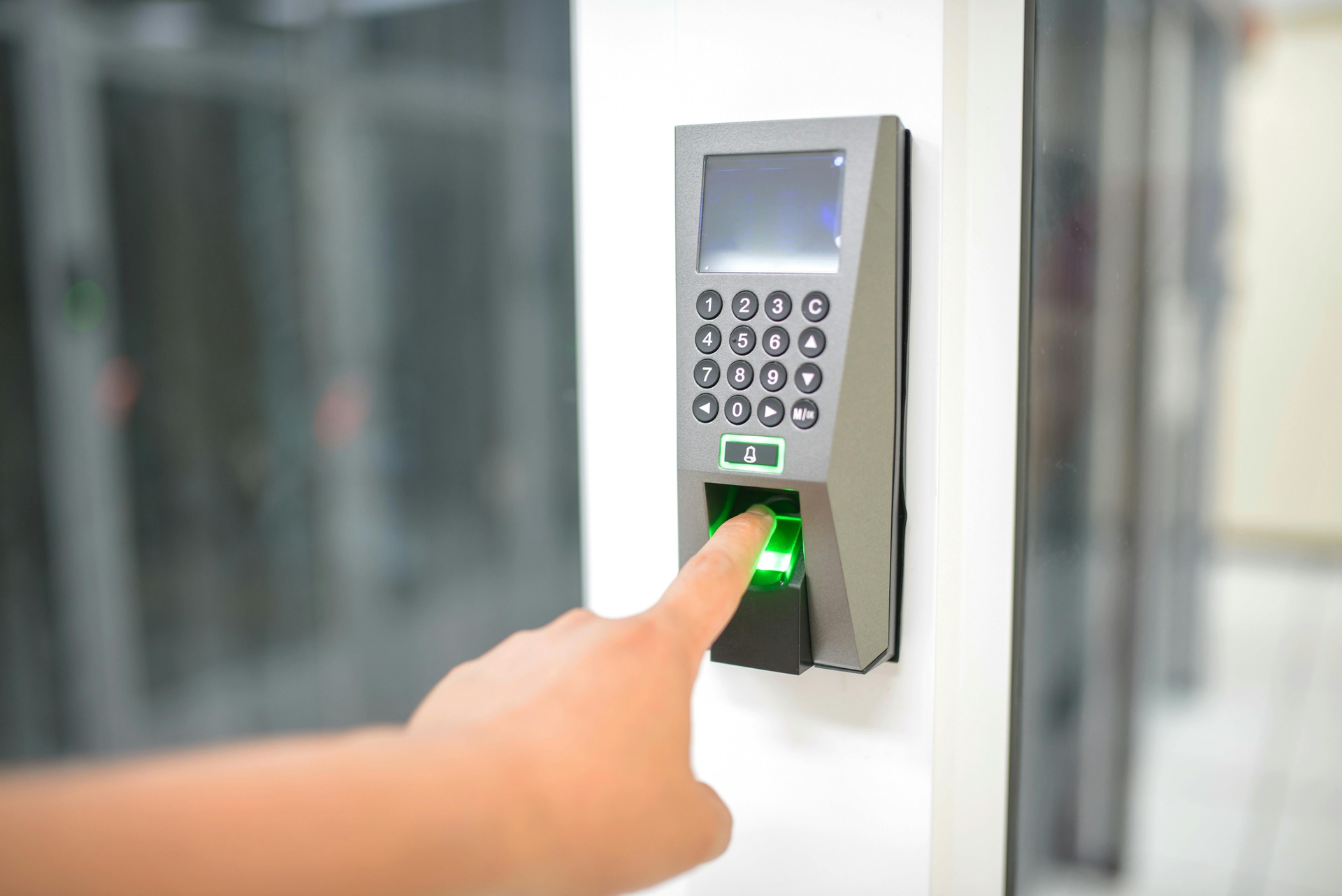
Passkey: The Key to a Password-Free Future

Passwords vs. Passkey
Many apps, websites and other online services require a customer account to be set up. In the course of this, it is necessary for the customer to set up a password. However, these are often difficult to remember, so they are often too short or too simple. In addition, the same password is often used. The danger here is that passwords can be stolen through data leaks or phishing. As a result, the data can also be stolen.
To prevent passwords from being stolen, it is possible to use passkey. This is a passwordless login process in which the password is replaced by a passkey, with the result that the information can no longer be stolen so easily. Passkeys are created quickly and automatically. They do not fall below a certain level of complexity and length. This means that passkey creates a different secure password for each account. Consequently, multiple accounts can never be compromised.
How it works
Passkeys are technically based on public_key cryptography and consist on the one hand of a public key on the server of the website, app etc. that you want to log in to, and on the other hand of a private key that is securely stored on the end device (cell phone, PC etc.). During the login process, the end device uses the private key to sign a challenge. This signature is then verified by the service using the public key to confirm your identity without your actual password ever being transmitted or stored.
To be able to use passkey, an account must be created once. This involves choosing a single password yourself. It is important that it is not too trivial or too short. Alternatively, you can log in using a fingerprint or face scan. Once an account has been set up, passkeys can be set up for websites.
Benefits
The advantage of passkeys is that passwords cannot be forgotten. In addition, the password is never disclosed or transmitted. Instead, only the public key is stored as a kind of signature.
Passkeys can be used on several end devices at the same time. If the device is lost or stolen, the accesses can be restored. However, this is only possible if local backups or the passkeys have been synchronized in the cloud.
Conclusion
Passkeys eliminate the need to create and memorize passwords. This means that longer and more complex passwords are possible and data cannot be stolen so easily. In addition, entering the password is very simple and is done using a face scan or fingerprint. All in all, passkeys are a secure alternative to passwords.


